Crypto traders in the US are often looking for Binance alternatives due to regulatory restrictions that limit access to the platform.
With many exchanges now available, finding one that offers quality crypto options trading can be challenging.
Several top-rated exchanges like Coinbase, Kraken, Crypto.com, and Bitfinex offer solid alternatives to Binance for US-based traders.
These platforms provide varying features, fee structures, and security measures that may better suit your trading needs.
You can find exchanges that specialize in crypto options while maintaining compliance with US regulations.
Best Binance Alternatives for Crypto Options Trading
1) Deribit – Specializes in options trading
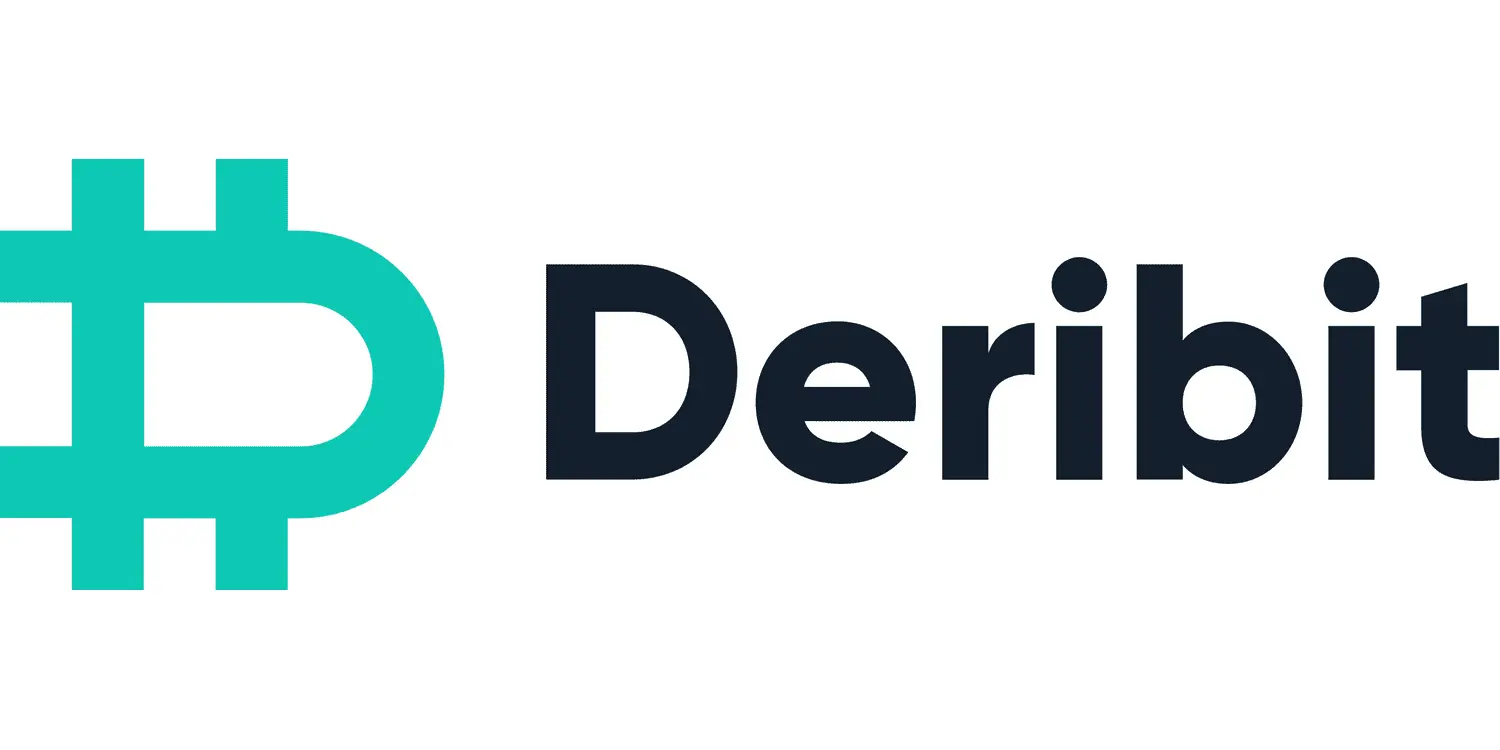
Deribit stands out as one of the leading cryptocurrency options trading platforms in 2025.
The exchange focuses primarily on Bitcoin and Ethereum options, but also supports trading for other cryptocurrencies including Binance Coin, Solana, and XRP.
For US traders seeking Binance alternatives, it’s important to note that Deribit operates outside US regulation.
The platform doesn’t hold US licenses from the CFTC, SEC, or FinCEN, which means you’ll need to verify if access is available in your jurisdiction.
Deribit’s fee structure is competitive in the crypto derivatives market.
You’ll pay between 0.03% to 0.05% for options trading, depending on your monthly volume. The platform uses a maker-taker model that rewards liquidity providers with lower fees.
When trading on Deribit, you can access significant leverage.
The platform offers up to 100x leverage on futures contracts, though options trading has specific margin requirements based on the contract specifications and market volatility.
The trading interface is designed with advanced traders in mind.
You’ll find professional charting tools, various order types, and analytics that help with options strategy development. The platform is available both as a web application and mobile app for trading on the go.
Deribit provides excellent liquidity for cryptocurrency options, especially for Bitcoin and Ethereum.
This results in tighter spreads and faster execution compared to many competitors. The platform’s matching engine can process thousands of transactions per second.
Advanced features include perpetual futures trading alongside options, detailed API access for algorithmic trading, and comprehensive risk management tools.
Institutional traders particularly favor Deribit for its robust infrastructure and deep liquidity pools.
The platform also offers educational resources to help you understand options strategies and market mechanics.
This includes guides, tutorials, and market analysis to improve your trading decisions.
2) Delta Exchange
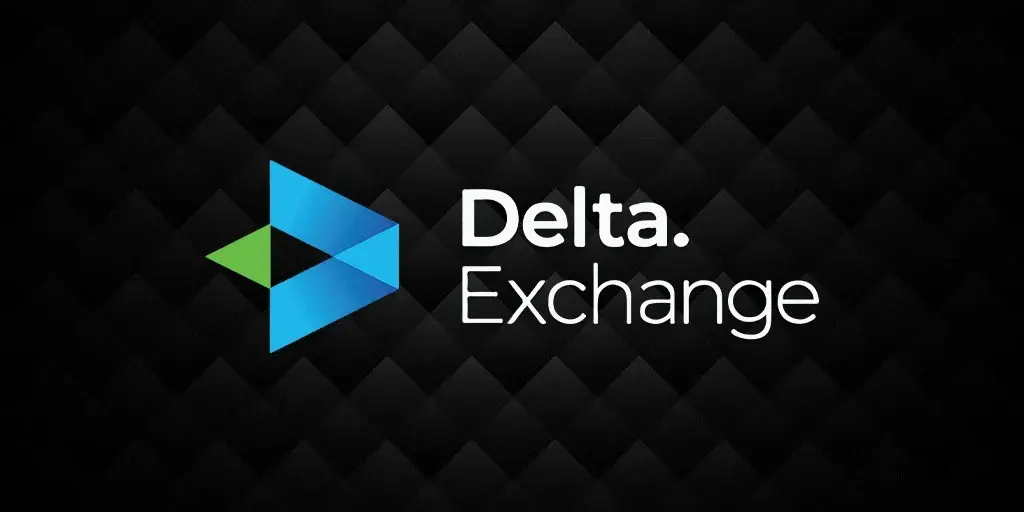
Delta Exchange offers European-style options trading for Bitcoin and Ethereum, settled in USDT. This makes it a straightforward alternative for US traders looking beyond Binance.
The platform currently operates without full US regulatory approval.
While available to international users, US traders should verify the latest compliance status before opening an account, as regulatory requirements change frequently.
Delta Exchange maintains competitive trading fees ranging from 0.02% to 0.05% for options contracts.
These rates vary based on your trading volume and account tier. The platform also charges funding fees for perpetual contracts.
Leverage is available on Delta Exchange, allowing you to amplify your trading positions.
Options traders can access up to 100x leverage depending on the specific cryptocurrency and market conditions. Margin requirements adjust based on market volatility.
The trading interface is user-friendly and accessible via both web and mobile applications.
You’ll find standard order types including limit, market, and stop orders. The platform includes technical analysis tools and real-time charting capabilities to help inform your trading decisions.
Delta Exchange provides decent liquidity for major cryptocurrencies like Bitcoin and Ethereum options.
Order execution is generally reliable, though spreads may widen during volatile market periods compared to larger exchanges.
The platform offers additional features including futures trading, perpetual swaps, and interest rate swaps.
You can also access their API for algorithmic trading strategies. Delta Exchange provides basic educational resources to help you understand options trading concepts.
For mobile traders, Delta Exchange stands out with its well-designed smartphone app.
This makes it convenient to monitor and execute trades while on the go, a feature particularly valued by active traders.
3) Kraken – Known for robust security features
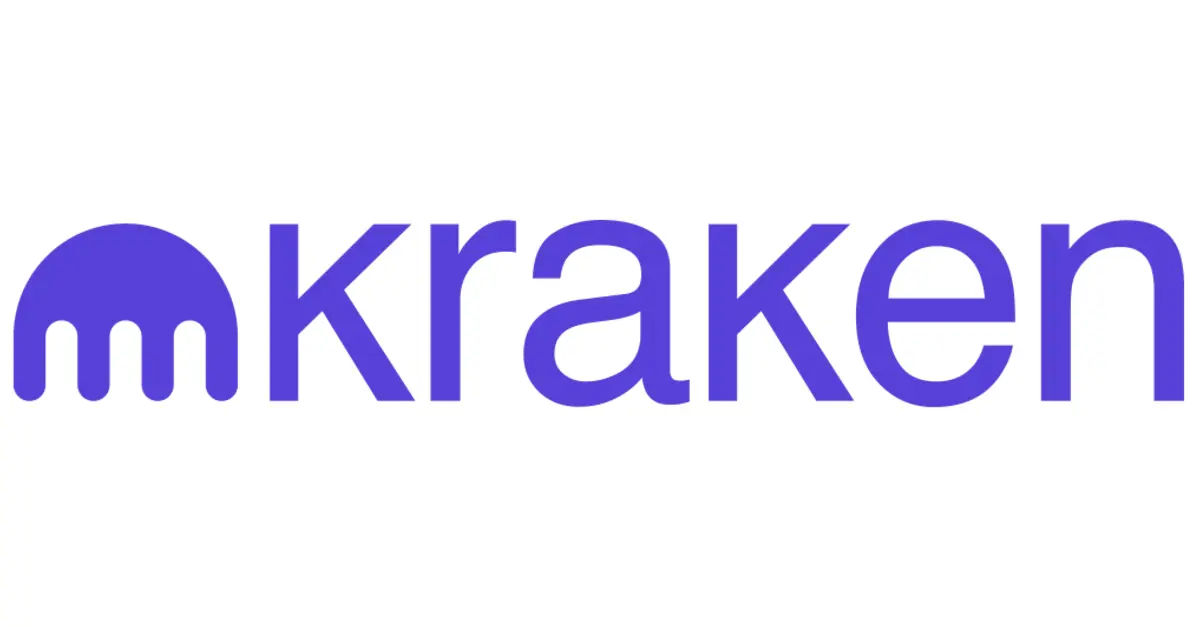
Kraken stands out as one of the most secure cryptocurrency exchanges available in 2025.
The platform holds ISO 27001 certification for information security, demonstrating its commitment to protecting user assets and data.
Security on Kraken begins with mandatory two-factor authentication for all accounts.
The exchange stores most user funds in cold wallets that remain offline and inaccessible to hackers, significantly reducing the risk of theft.
For US traders looking for crypto options trading, Kraken offers a decent selection.
You can trade options on major cryptocurrencies like Bitcoin, Ethereum, and several altcoins through their advanced trading interface.
Kraken operates with full regulatory compliance in the United States.
The exchange is registered with FinCEN and follows KYC and AML requirements, giving you peace of mind that you’re trading on a legitimate platform.
Trading fees on Kraken are competitive, with options trading commissions typically ranging from 0.05% to 0.25% based on your 30-day trading volume.
Higher volume traders enjoy lower fees, making it cost-effective for active options traders.
The margin requirements for options trading on Kraken are reasonable.
You can access up to 5x leverage for options contracts, though specific requirements vary based on the cryptocurrency and option type you’re trading.
Kraken’s trading platform features an intuitive yet powerful interface designed for both beginners and advanced traders.
The options trading dashboard includes essential analytics tools, various chart types, and multiple order execution methods.
Execution speed on Kraken is impressive, with most orders filled within seconds.
The platform maintains good liquidity for options on major cryptocurrencies, ensuring minimal slippage when opening or closing positions.
Kraken provides comprehensive educational resources to help you understand crypto options trading.
Their knowledge base includes articles, videos, and webinars specifically focused on options strategies and risk management.
Additional features include a mobile app that supports options trading on the go, API access for automated trading, and 24/7 customer support to assist with any trading-related issues you might encounter.
4) eToro – Popular for zero-commission trading
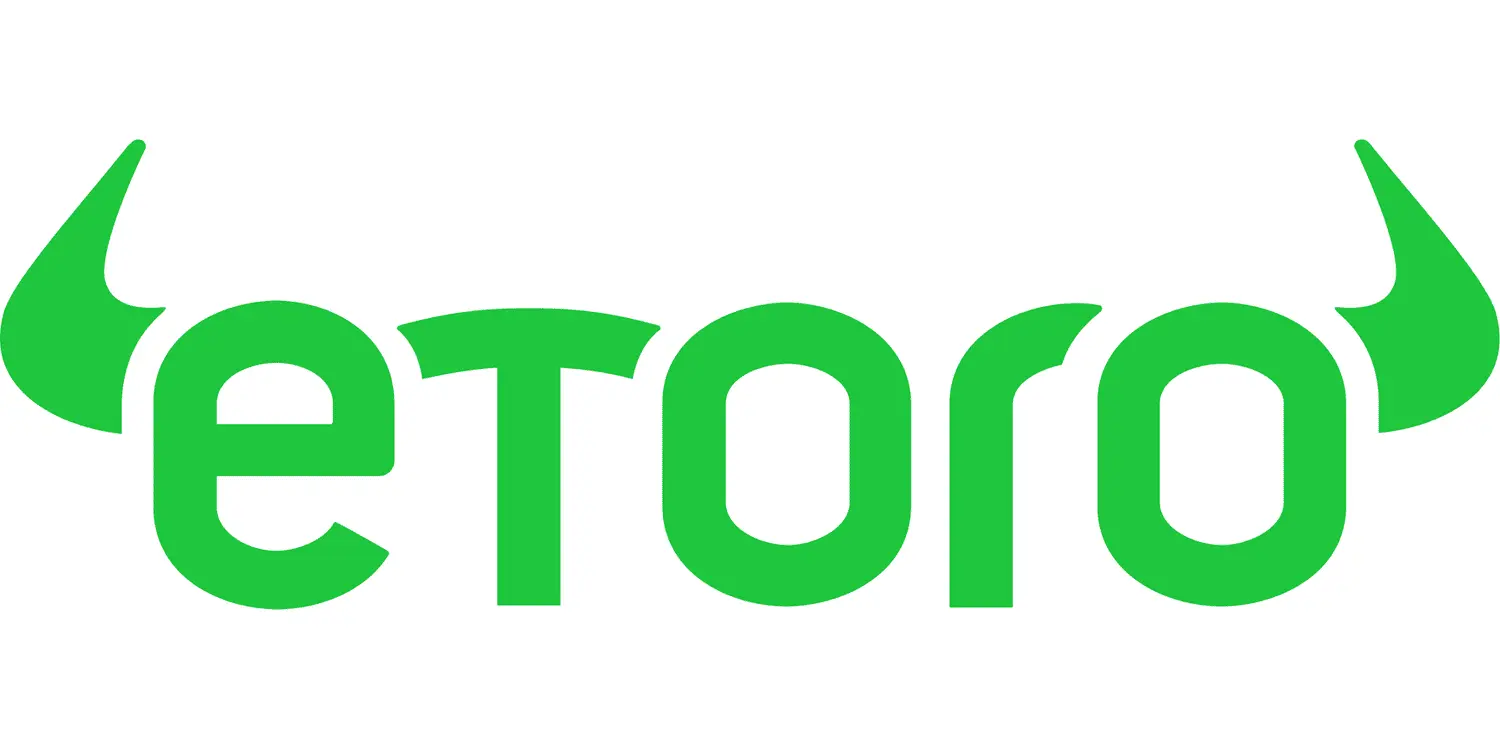
eToro stands out in the crypto exchange market for its zero-commission stock and ETF trading.
While primarily known for its social trading features, eToro has expanded its cryptocurrency offerings for US users.
For crypto options specifically, eToro does not currently offer dedicated crypto options trading.
Their platform focuses on spot trading for popular cryptocurrencies including Bitcoin, Ethereum, and several altcoins.
eToro is regulated in the US and registered with FinCEN as a Money Services Business. The platform also complies with SEC guidelines, giving you added security when trading on their platform.
Though eToro doesn’t charge commissions on stock trades, cryptocurrency transactions do incur a 1% fee per trade (both buying and selling).
This fee is built into the spread, making the actual cost transparent during trading.
The platform does not offer leverage for cryptocurrency trading in the US due to regulatory restrictions. This differs from their international offerings, where leverage may be available in certain regions.
eToro’s user interface is designed for simplicity and ease of use.
The platform features basic charting tools and market analysis features, though these aren’t as robust as some dedicated crypto options platforms.
One standout feature is eToro’s CopyTrader system, which allows you to automatically copy the trades of successful investors on the platform.
This social trading approach can be helpful for beginners learning the market.
eToro offers decent liquidity for major cryptocurrencies, though execution speeds are standard rather than exceptional.
The platform prioritizes user experience over high-frequency trading capabilities.
A valuable feature for new traders is eToro’s virtual portfolio with $100,000 in practice funds.
This allows you to test strategies without risking actual money, making it easier to learn crypto trading basics.
The platform also provides educational resources through their eToro Academy, including articles, videos, and webinars covering trading strategies and market analysis to help improve your trading skills.
5) Crypto.com – Strong mobile platform focus
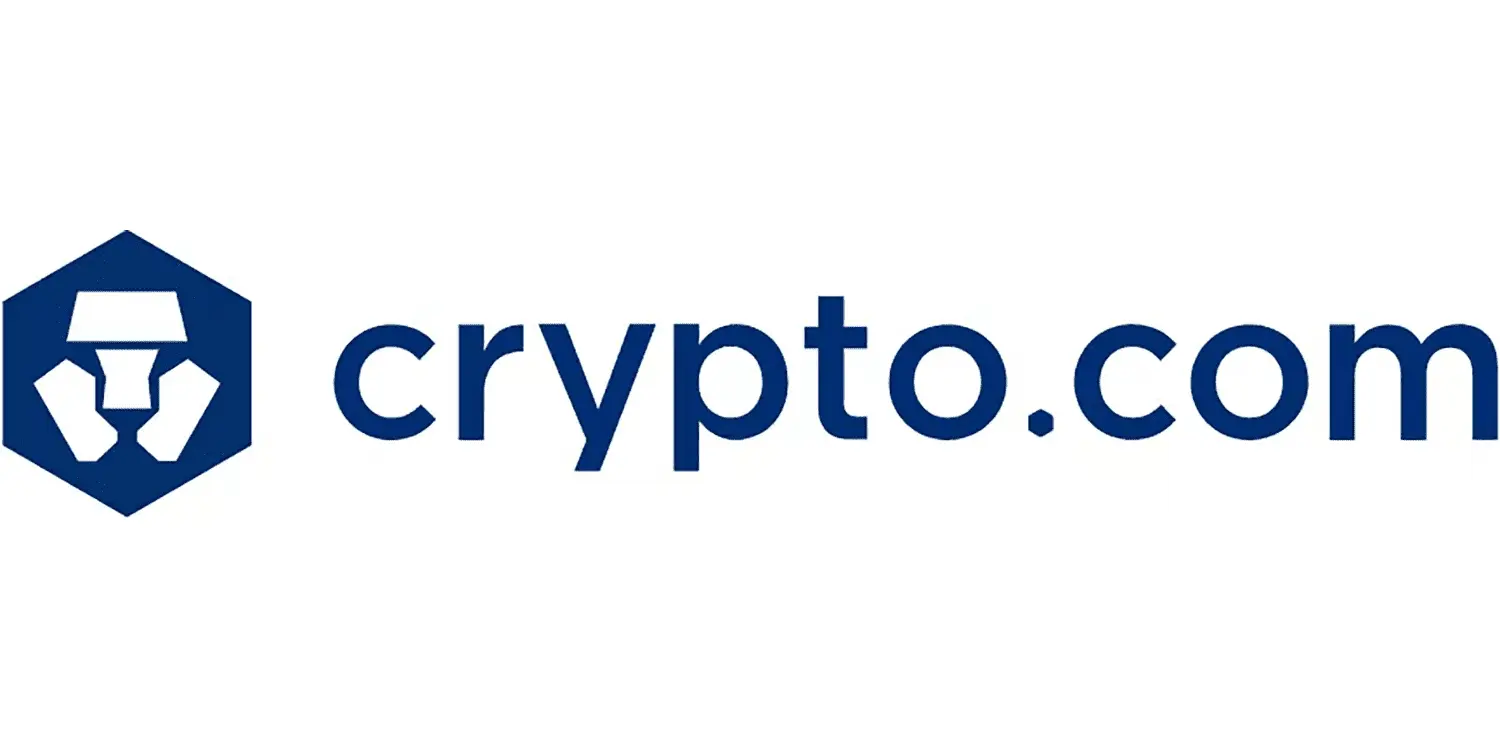
Crypto.com stands out as an excellent Binance alternative for traders who prefer mobile trading.
Their app is designed for on-the-go crypto management with an intuitive interface that makes trading simple even for beginners.
For crypto options traders, Crypto.com offers a decent selection of derivatives, though their options trading features aren’t as extensive as some competitors.
You can trade options on major cryptocurrencies including Bitcoin and Ethereum.
Crypto.com is properly registered with FinCEN in the United States and works to maintain compliance with US regulations. This provides you with an added layer of security when trading on their platform.
The fee structure at Crypto.com is tiered based on your 30-day trading volume.
Options trading fees typically range from 0.02% to 0.05%, which is competitive in the current market. Higher volume traders enjoy lower fees.
Leverage is available for options trading, though limits vary by cryptocurrency. Margin requirements are reasonable, starting at around 10% for most standard options contracts.
The mobile app is where Crypto.com truly shines.
You get access to advanced charting tools, multiple order types, and real-time analytics designed for options traders. The platform executes trades quickly even during high market volatility.
Liquidity on Crypto.com is generally good for major cryptocurrencies.
Order execution speed is fast with minimal slippage on most popular trading pairs. This is crucial when executing time-sensitive options strategies.
Crypto.com also offers educational resources to help you understand options trading.
Their knowledge base includes tutorials on options strategies and risk management techniques tailored for crypto markets.
The platform includes useful risk management tools like stop-loss orders and take-profit settings specifically designed for options trading.
These features help you manage positions more effectively.
API access is available for advanced traders who want to build automated trading systems.
This feature lets you connect custom trading bots or third-party analysis tools to your Crypto.com account.
6) CME – Regulated US exchange
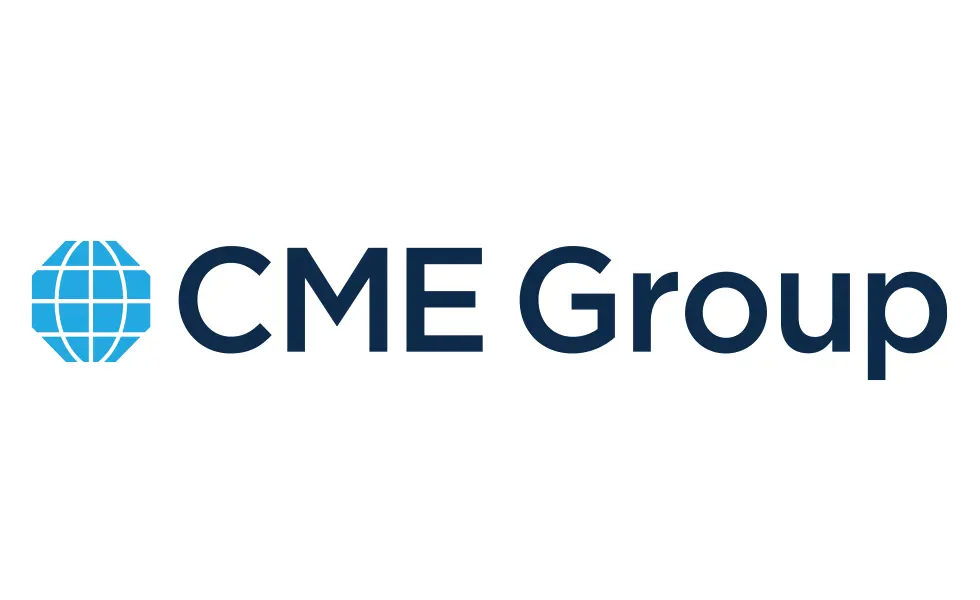
The Chicago Mercantile Exchange (CME) stands as one of the most trusted regulated exchanges for crypto derivatives in the United States.
Unlike many crypto-native platforms, CME operates under full CFTC oversight, making it a compliant option for US traders seeking institutional-grade crypto options.
CME’s crypto options offerings focus specifically on Bitcoin and Ethereum futures options.
These products let you gain exposure to cryptocurrency price movements without directly holding the digital assets themselves.
Trading fees at CME follow a tiered structure based on your membership status and trading volume.
For non-members, Bitcoin options typically cost between $1.25 to $2.50 per contract. Ethereum options have similar fee structures.
The margin requirements at CME are higher than unregulated exchanges.
You’ll need to maintain 35-40% of contract value as collateral, which provides stability but limits potential leverage compared to offshore platforms.
CME’s trading platform offers professional-grade tools designed for serious traders.
The interface includes advanced charting, market depth data, and various order types to execute precise trading strategies.
Execution speed and liquidity are major advantages at CME.
The exchange maintains deep order books for crypto options, ensuring tight spreads and minimal slippage even during volatile market conditions.
One downside is the contract size.
CME Bitcoin options are based on futures contracts of 5 BTC each, making the minimum investment quite substantial for retail traders. Ethereum contracts are smaller at 50 ETH but still represent significant capital requirements.
The exchange also offers excellent risk management features including position limits and circuit breakers that automatically halt trading during extreme market volatility.
These safety measures protect traders from catastrophic losses.
7) MEXC – No fees on spot trades with leverage
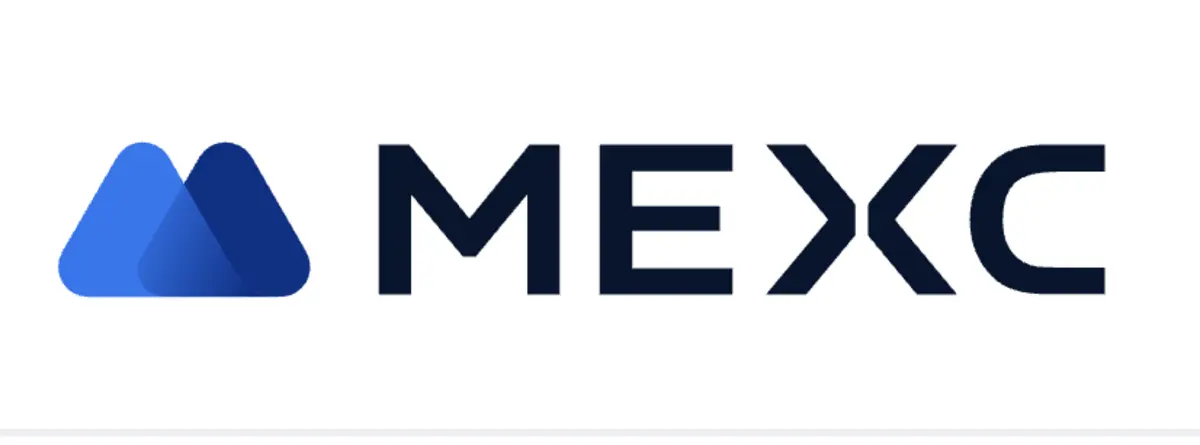
MEXC stands out as a leading crypto platform by offering 0% fees on spot trading, a rare benefit in the crypto exchange market.
You can trade over 2,800 cryptocurrencies without paying any commission on your spot trades.
For options trading, MEXC supports a variety of cryptocurrencies including Bitcoin, Ethereum, and several popular altcoins.
Their options trading interface lets you speculate on price movements without owning the underlying asset.
Regarding regulation, MEXC operates globally but has limited services in the US due to regulatory constraints.
You should verify your eligibility before trading, as US traders face restrictions on certain products.
The fee structure is highly competitive. While spot trading is fee-free, futures trading costs just 0.02% per transaction when opening and closing positions.
This makes MEXC one of the most cost-effective platforms for active traders.
Leverage options are quite flexible on MEXC. You can access up to 200x leverage on futures contracts, though options trading has its own margin requirements.
Be aware that higher leverage increases both potential profits and risks.
The trading platform offers a clean, intuitive interface that works well for both beginners and experienced traders.
Advanced charting tools, multiple order types, and real-time market data help you make informed trading decisions.
MEXC provides good liquidity for major cryptocurrencies, ensuring your orders execute quickly with minimal slippage.
During high market volatility, you might experience some delays, but overall execution quality remains solid.
The platform includes additional features like Launchpad for new token listings, staking options, and an extensive learning center.
These resources help you expand your crypto knowledge while trading on the platform.
Mobile trading is seamless with the MEXC app, giving you full trading capabilities on the go.
You can set price alerts, check portfolio performance, and execute trades from your smartphone.
Customer support is available 24/7 through multiple channels including live chat and email.
Response times are generally quick, though complex issues might take longer to resolve.
8) Margex – No-KYC policy for privacy
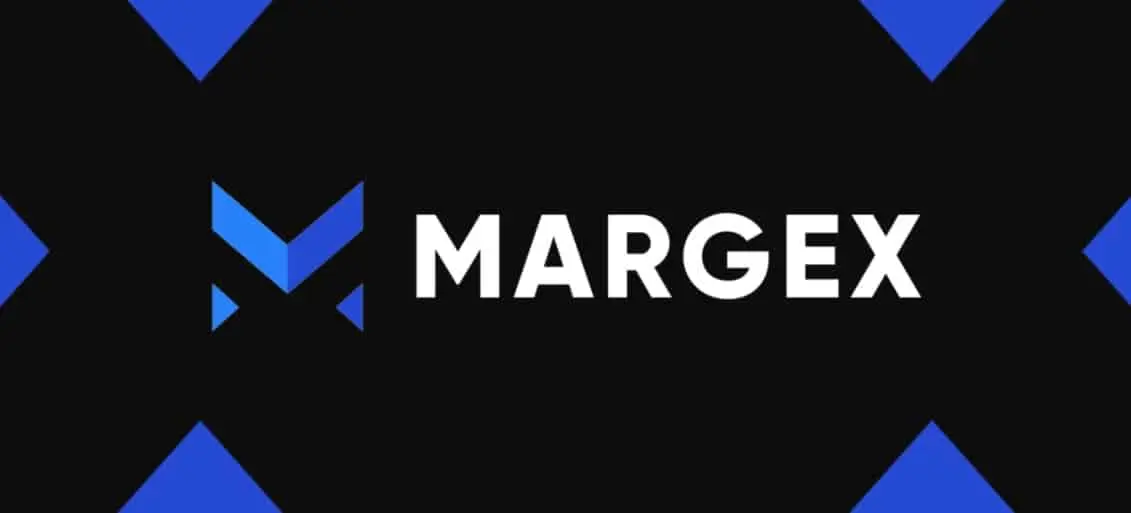
Margex stands out as a cryptocurrency exchange that doesn’t require KYC verification for basic trading. This means you can start trading without sharing personal documents or going through identity verification processes.
The platform offers cryptocurrency trading with leverage options up to 100x on various digital assets.
This high leverage allows you to amplify potential profits, though it also increases risk exposure.
Margex’s no-KYC policy appeals to traders who value privacy and want to avoid lengthy verification procedures. You can create an account and begin trading quickly without submitting personal information.
For US traders, it’s important to note that while Margex doesn’t require KYC, this doesn’t necessarily mean it complies with US regulations.
The platform operates in a regulatory gray area for American users.
The trading interface at Margex is intuitive and designed for both beginners and experienced traders.
Their platform includes essential analytical tools and various order types to help manage your positions effectively.
Regarding fees, Margex uses a maker-taker fee model with competitive rates compared to other leverage trading platforms.
The exact fee structure varies based on trading volume and account tier.
Liquidity on Margex is generally sufficient for most trading needs, with reasonable execution speeds for market orders.
However, during high volatility periods, you might experience some slippage.
The exchange supports a limited selection of cryptocurrencies compared to larger exchanges.
Their focus is more on popular assets like Bitcoin, Ethereum, and other major altcoins.
Margex also offers additional features like a copy trading system that allows you to follow successful traders’ strategies.
This can be helpful if you’re new to leverage trading or want to diversify your approach.
Security is another focus area for Margex, with the platform implementing cold storage solutions for funds and other protective measures to safeguard user assets.
9) BingX – Offers extensive trading pairs
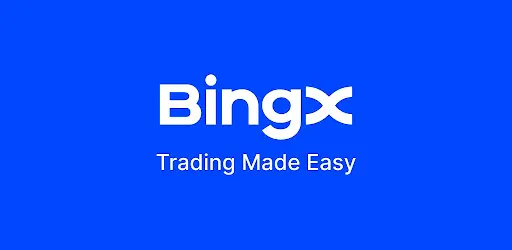
BingX is gaining popularity as a Binance alternative for crypto trading. The platform gives you access to a wide range of trading pairs and instruments, making it attractive for traders looking for variety.
BingX offers crypto options trading, though it’s more limited compared to its spot and futures offerings.
You can trade options for major cryptocurrencies including Bitcoin and Ethereum, allowing you to hedge positions or speculate on price movements.
Regarding US compliance, BingX operates with caution in the American market. The platform isn’t fully registered with US regulators like the SEC or CFTC, so you should verify current availability before opening an account if you’re a US resident.
Trading fees on BingX are competitive. You’ll pay around 0.1% for standard trading, with discounts available based on trading volume and BGB token holdings.
Options trading has separate fee structures based on contract value.
The platform offers leverage of up to 100x for some trading pairs, though options contracts have specific margin requirements.
You’ll need to maintain sufficient collateral to prevent liquidation.
BingX’s trading platform is user-friendly with advanced charting tools from TradingView.
The interface is clean and intuitive, making it accessible for both beginners and experienced traders.
For options trading, you’ll find essential tools like Greeks analysis, volatility charts, and multiple order types to help manage positions effectively.
Execution speed on BingX is generally fast with minimal slippage during normal market conditions.
The exchange maintains good liquidity for major trading pairs, though options markets may have less depth than spot or futures.
The platform includes copy trading features that let you follow successful traders automatically.
This can be helpful if you’re learning options strategies or want to diversify your trading approach.
BingX also provides mobile apps for Android and iOS devices, allowing you to trade crypto options on the go.
The mobile interface maintains most functionality of the desktop version.
Educational resources include trading guides, market analysis, and webinars to help you understand crypto options trading.
The platform regularly updates these materials to reflect current market conditions.
10) Bitfinex – High liquidity options
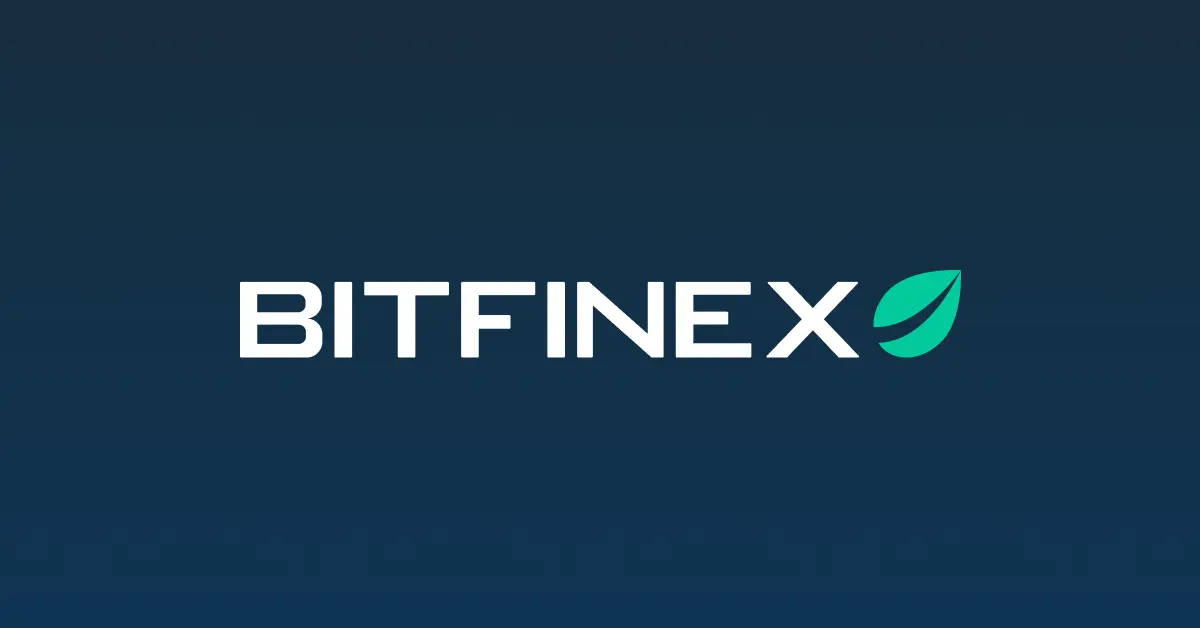
Bitfinex stands out as a strong alternative to Binance for crypto options trading. The platform offers a decent selection of cryptocurrency options, though not as extensive as some competitors. Bitcoin and Ethereum options are available with various expiry dates.
Be aware that Bitfinex faces regulatory challenges in the United States. The platform is not fully compliant with US regulations, so American traders should proceed with caution or explore other options. Bitfinex is primarily regulated in the British Virgin Islands.
Trading fees on Bitfinex are competitive, ranging from 0.1% to 0.2% per trade depending on your monthly volume.
Option contract fees include a maker-taker structure that rewards high-volume traders with lower rates. Withdrawal fees vary by cryptocurrency.
You can access leverage of up to 10x on Bitfinex for options trading.
Margin requirements are relatively standard, with initial margin requirements typically between 10-20% depending on the volatility of the underlying asset.
The Bitfinex trading platform offers a professional interface with advanced charting tools.
You’ll find various order types including limit, market, and stop orders for options trading.
Their mobile app provides similar functionality for trading on the go.
Liquidity is where Bitfinex truly shines. The platform maintains deep order books that ensure minimal slippage even during high market volatility.
Order execution is generally fast and reliable, making it suitable for active traders.
Bitfinex provides robust API access for algorithmic trading along with comprehensive risk management tools.
The platform also supports futures trading and other derivatives beyond options.
Educational resources are somewhat limited compared to more beginner-friendly exchanges.
For experienced traders focused on liquidity and execution quality, Bitfinex offers a solid alternative to Binance.
Just remember to verify the current regulatory status if you’re a US-based trader before opening an account.
11) Coinbase – User-friendly interface
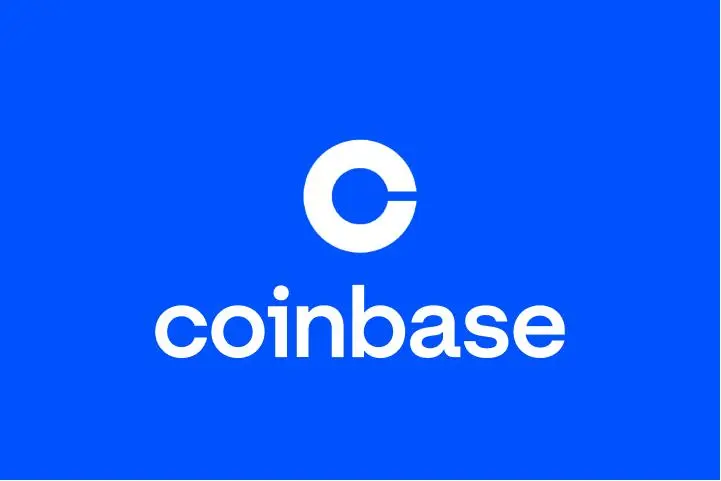
Coinbase stands out as one of the most beginner-friendly crypto exchanges available in the US market. Its clean, intuitive interface makes navigation simple even for those new to cryptocurrency trading.
The platform features a straightforward dashboard that displays your portfolio at a glance. You can easily track price movements, check your balance, and execute trades without confusion.
For crypto options trading, however, Coinbase has limitations. The exchange currently doesn’t offer dedicated crypto options trading capabilities for US customers. Instead, it focuses on spot trading of over 200 cryptocurrencies.
Coinbase is fully regulated in the United States, registered with FinCEN as a Money Services Business and holds licenses in most states. This regulatory compliance provides an extra layer of security for your funds.
Trading fees on Coinbase tend to be higher than some competitors. The platform uses a tiered fee structure ranging from 0.5% to 4.5% depending on payment method and transaction size.
There are no specific options contract fees since options trading isn’t available.
Leverage trading is not offered to US customers on Coinbase’s main platform.
Their advanced trading platform, Coinbase Pro, provides more features but still doesn’t include crypto options or leverage capabilities for US users.
The Coinbase mobile app mirrors the simplicity of the web platform. It allows you to manage your crypto holdings, set price alerts, and execute trades from anywhere. Both versions maintain the same user-friendly design philosophy.
Coinbase provides decent execution speed for standard trades, though during high-volume periods, the platform can experience slowdowns.
Liquidity is generally strong for major cryptocurrencies.
Educational resources are a significant strength of Coinbase. The platform offers extensive learning materials for beginners, including articles, videos, and even opportunities to earn free crypto by completing educational courses.
Security features include two-factor authentication, biometric login options, and cold storage for 98% of customer assets.
These protections make Coinbase a trusted option despite its limitations for advanced traders seeking options trading.
Understanding Crypto Options Trading
Options trading provides a unique way to interact with the cryptocurrency market. It offers different risk and reward profiles compared to simply buying and holding crypto.
What Are Crypto Options?
Crypto options are financial contracts that give you the right, but not the obligation, to buy or sell a cryptocurrency at a predetermined price within a specific timeframe.
This predetermined price is called the “strike price,” and the date when the option expires is the “expiration date.”
Options offer strategic advantages for traders. You can use them to hedge existing positions, generate income, or speculate on price movements with limited risk.
The premium is what you pay to purchase an option contract.
This cost varies based on several factors: the current price of the cryptocurrency, the strike price, time until expiration, market volatility, and interest rates.
Unlike futures contracts, options don’t require you to complete the transaction—you can simply let them expire if exercising them wouldn’t be profitable.
Types of Crypto Options
There are two main types of crypto options: calls and puts.
Call options give you the right to buy a cryptocurrency at the strike price. You might purchase a call when you expect the price to increase.
For example, a Bitcoin call option with a $50,000 strike price allows you to buy Bitcoin at that price, even if the market price rises to $60,000.
Put options give you the right to sell at the strike price. These are valuable when you expect prices to fall.
A Bitcoin put with a $50,000 strike lets you sell at that price even if Bitcoin drops to $40,000.
Options also come in different exercise styles:
- American-style options can be exercised anytime before expiration
- European-style options can only be exercised at expiration
Most crypto exchanges like Kraken and KuCoin offer these different types of options with varying expiration periods.
Regulatory Considerations in the US
The US crypto regulatory landscape remains complex with no federal framework yet established. Understanding compliance requirements and how regulations impact your trading options is essential for US-based crypto traders.
Compliance and Licensing
US crypto exchanges must obtain proper licenses to operate legally in different states. Many states have implemented unique regulatory approaches, creating a patchwork of requirements across the country.
Money Transmitter Licenses (MTLs) are required in most states for exchanges handling fiat-to-crypto transactions.
Some platforms choose to register with FinCEN as Money Services Businesses.
New York has the strictest requirements with its BitLicense, which many platforms avoid due to high compliance costs. This explains why some exchanges don’t serve NY residents.
Before choosing an exchange, verify it has proper licensing for your state.
Using VPNs to access restricted exchanges may violate terms of service and create legal risks for you as a trader.
Impact of US Crypto Regulations
The SEC has taken an increasingly active role in crypto oversight, particularly regarding which tokens may be classified as securities. This has forced many exchanges to limit the coin offerings available to US customers.
US traders typically have access to fewer trading pairs and features compared to international users. Options trading, margin trading, and certain tokens may be restricted.
KYC (Know Your Customer) requirements are stricter for US users. You’ll need to provide more documentation to verify your identity before trading significant amounts.
Tax reporting obligations are more comprehensive in the US. Exchanges must report your trading activity to the IRS, and you’re responsible for reporting crypto gains.
When selecting a Binance alternative, prioritize platforms that are fully compliant with US regulations to avoid potential account freezes or trading disruptions.
Security Features to Look for in Exchanges
When choosing a crypto exchange, security should be your top priority. The best platforms employ multiple layers of protection to keep your digital assets safe from hackers and unauthorized access.
Two-Factor Authentication
Two-factor authentication (2FA) adds an essential extra layer of security to your crypto exchange account. Instead of just using a password, 2FA requires a second verification step before allowing access.
Most reputable exchanges like Kraken, Gemini, and KuCoin offer multiple 2FA options. These include:
- Authenticator apps (Google Authenticator, Authy)
- SMS verification (less secure but better than nothing)
- Hardware security keys (YubiKey)
When setting up 2FA, always save your backup codes in a secure location. This prevents lockouts if you lose access to your authentication device.
Exchanges with customizable 2FA settings give you more control. Look for platforms that require 2FA for withdrawals, not just logins.
Cold Storage Options
Cold storage refers to keeping cryptocurrency offline, away from internet-connected systems that could be vulnerable to attacks.
Top exchanges protect customer funds by storing the majority (80-95%) of assets in cold storage. Gemini, for example, has earned recognition for its rigorous cold storage protocols and regular third-party security audits.
When evaluating an exchange’s cold storage policies, look for:
- Multi-signature wallets requiring multiple approvals for withdrawals
- Regular security audits by reputable third parties
- Clear disclosure about what percentage of funds are kept offline
- Insurance coverage for assets in case of a breach
Exchanges like Kraken and Bitfinex use sophisticated cold storage systems with physical security measures and geographically distributed storage locations.
Frequently Asked Questions
Many traders have questions about crypto options trading platforms after Binance’s regulatory challenges in the US. These platforms vary in their fee structures, available trading pairs, and user experience.
What are the leading crypto options trading platforms in the US?
Deribit stands out as a specialized options trading platform with advanced features for experienced traders. The platform offers Bitcoin and Ethereum options with various expiry dates.
Kraken provides robust security features while supporting options trading. Their interface is user-friendly for beginners while offering enough depth for advanced traders.
Delta Exchange has gained popularity for its diverse range of crypto options products and competitive fee structure. They offer options on multiple cryptocurrencies beyond just Bitcoin and Ethereum.
What are some top-rated alternatives to Binance for crypto options trading in the US?
eToro has become a favorite for US traders seeking zero-commission trading. Their social trading features let you follow and copy successful options traders.
Crypto.com offers a strong mobile-focused platform that makes options trading accessible on the go. Their app includes educational resources to help you understand options strategies.
Kraken’s security measures and regulatory compliance make it a trustworthy alternative for US residents concerned about protection of their assets.
How do Gemini and other US crypto exchanges compare for options trading?
Gemini has limited options trading capabilities compared to specialized platforms like Deribit. They focus more on spot trading with strong security and compliance.
Coinbase, like Gemini, offers fewer options trading features but provides excellent liquidity and a user-friendly interface for beginners.
FTX US (now rebranded) previously offered options trading but faced regulatory challenges. Always check the current status of any exchange before committing your funds.
What are the main considerations when choosing a US-based crypto exchange for options trading?
Regulatory compliance should be your top priority.
Choose exchanges that follow US regulations and have proper licenses to operate within the country.
Fee structures vary widely between platforms.
Look for transparent fee schedules that clearly outline costs for options trading, exercise fees, and settlement charges.
Security features like two-factor authentication, cold storage of assets, and insurance policies protect your investments.
Never compromise on security when selecting a trading platform.
Trading volume and liquidity affect your ability to enter and exit positions at fair prices.
Higher liquidity typically means tighter spreads and better execution prices for your options trades.
